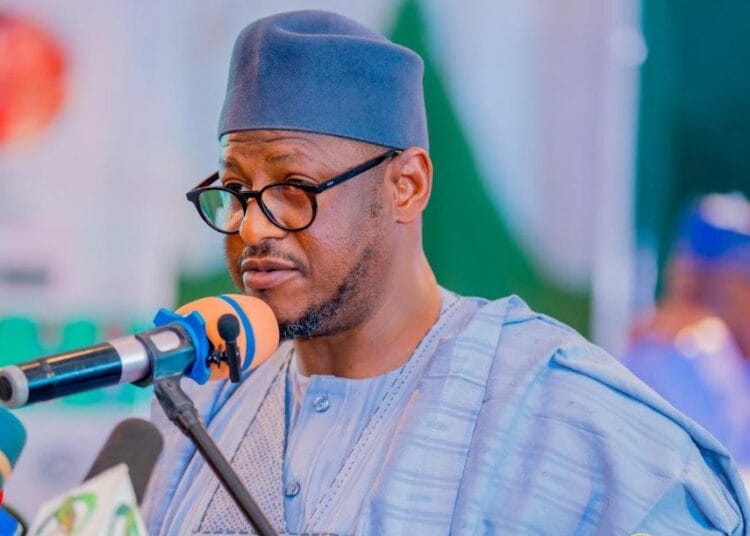In recent weeks, Nigeria has been a cauldron of discontent, with citizens expressing deep-seated frustrations over the economic hardships exacerbated by the government’s recent policies, particularly the removal of the fuel subsidy. The resultant rise in the cost of living has sparked calls for nationwide protests, planned to commence on August 1. As the nation stands on the brink of these demonstrations, it is imperative to weigh the implications of such actions and explore alternative pathways to addressing the populace’s grievances.
The planned protests have garnered significant support from various quarters, reflecting a collective yearning for change and accountability. Proponents argue that peaceful demonstrations are a fundamental democratic right and a powerful tool for drawing attention to the citizens’ plight. The Nigerian Labour Congress (NLC), a major advocate for the protests, insists that the government must address the severe economic pain inflicted on ordinary Nigerians. They argue that previous reforms, while potentially beneficial in the long run, have been poorly implemented, leaving the most vulnerable segments of society struggling to survive.
However, history and recent events caution us about the potential pitfalls of mass protests. The #EndSARS movement of 2020, which started as a peaceful protest against police brutality, eventually spiraled into chaos, marred by violence and significant property damage. This precedent underscores the risk that well-intentioned demonstrations can be hijacked by miscreants, leading to outcomes that could exacerbate the current hardships rather than alleviate them. Indeed, various civil society organizations have expressed concerns about the possibility of the upcoming protests being similarly exploited.
Moreover, the government’s response to these planned protests has been a mix of reassurance and caution. Security agencies have emphasized their commitment to maintaining peace while warning against any attempts to incite violence or disrupt public order. This dual approach is aimed at balancing the right to peaceful protest with the need to prevent anarchy. The government has also rolled out several palliatives and measures aimed at mitigating the impact of the economic reforms. Initiatives like the expanded transformative scholarship program and plans for discounted electricity bills for universities highlight efforts to cushion the blow on the most affected populations.
Given these complexities, it is worth asking whether protests are the most effective means of achieving the desired change. Dialogue and constructive engagement with the government may offer a more sustainable solution. By focusing on collaborative efforts, stakeholders can work towards policies that genuinely address the root causes of the economic hardships while ensuring that any reforms are implemented in a manner that does not disproportionately impact the poor.
Furthermore, the call for protests underscores a broader need for systemic change. The grievances expressed by citizens reflect longstanding issues of governance, accountability, and economic management. Addressing these issues requires a comprehensive approach that goes beyond immediate protests. It necessitates sustained advocacy, policy reforms, and active citizen participation in governance processes.
In conclusion, while the frustrations driving the call for protests are valid and deeply felt, it is crucial to consider the broader implications and potential outcomes of such actions. As Nigeria stands at this crossroads, a balanced approach that combines peaceful advocacy, dialogue, and systemic reform may prove more effective in the long run. The path forward should be guided by a commitment to constructive engagement, ensuring that the voices of the suffering are heard and addressed without plunging the nation into further turmoil.
DNews Info is a trusted source for breaking news, insightful commentary, and in-depth coverage of events across Nigeria and beyond. With a commitment to delivering accurate, timely, and engaging stories, we aim to keep our readers informed and empowered. Stay connected for the latest updates in politics, business, entertainment, and more.
Discover more from DnewsInfo
Subscribe to get the latest posts sent to your email.



